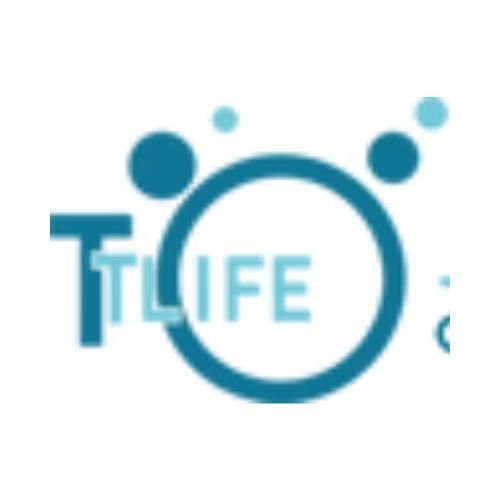Overview
Udacity is a leading online education platform specializing in technology-focused courses and nanodegree programs designed to equip learners with practical skills for the digital economy. Founded in 2011 by Sebastian Thrun, David Stavens, and Mike Sokolsky, Udacity is headquartered in Mountain View, California, USA.
Udacity offers a dedicated mobile application available on both iOS and Android platforms, enabling learners to access course materials, videos, and quizzes on the go.
As of 2024, Udacity receives an estimated monthly web traffic of around 10 million visitors. Its five primary markets are the United States, India, United Kingdom, Canada, and Australia, reflecting strong engagement from English-speaking countries with growing demands for tech education.
Key Features of Udacity
- Nanodegree Programs: Intensive, project-based courses co-created with industry leaders such as Google, IBM, and Meta, focusing on areas like Artificial Intelligence, Data Science, Cloud Computing, Programming, and Autonomous Systems.
- Hands-on Projects: Real-world projects designed to build practical skills that learners can showcase to employers.
- Mentorship and Career Services: Access to personal mentors, resume reviews, and career coaching to help learners achieve job placement success.
- Flexible Learning: Self-paced classes combined with structured deadlines to help balance learning with personal and professional commitments.
- Industry-Validated Curriculum: Courses and nanodegrees developed in collaboration with top tech companies to meet current job market requirements.
Benefits of Using Udacity
- Job-Ready Skills: Curriculum geared toward equipping learners with relevant and updated skills that are in high demand in the technology sector.
- Trusted by Employers: Udacity’s reputation and partner endorsements increase credibility for graduates in the eyes of tech recruiters and hiring managers.
- Flexible Access: With mobile apps and on-demand content, learners can study anytime, anywhere, accommodating diverse schedules.
- Affordable Compared to Traditional Education: Offers specialized courses and nanodegrees at a fraction of the cost of university programs, while focusing on employability.
- Strong Community Support: Learners receive support from mentors and fellow students which enhances motivation and deepens understanding.
Applications of Udacity
Udacity’s platform is primarily used by career changers, students, and professionals aiming to upskill or reskill in emerging technologies. Its nanodegree programs are widely applied in fields such as:
- Data Science and Analytics: For those looking to enter roles in data analysis, machine learning, and AI engineering.
- Software Development: Covering programming languages, web and mobile app development, and software engineering fundamentals.
- Cloud Computing and DevOps: Teaching cloud infrastructure management and deployment skills in platforms like AWS, Azure, and Google Cloud.
- Artificial Intelligence and Machine Learning: Focused on neural networks, computer vision, NLP, and robotics applications.
- Autonomous Systems and Robotics: Training learners for careers in self-driving cars, drones, and automation technologies.
Overall, Udacity serves as a comprehensive and flexible learning environment tailored to those who want to accelerate their technology careers with practical, industry-relevant education.








 Quick Links
Quick Links